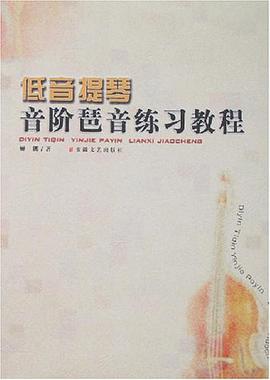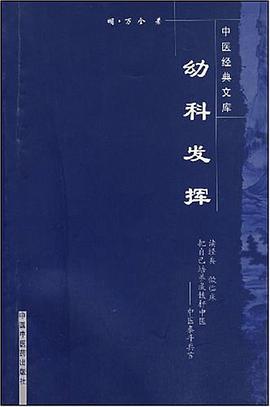

具体描述
Of all the lyric poets of ancient Greece, Pindar is the one whose work has been best preserved. His odes to victorious Greek athletes were entertainments designed for performance in a hospitable atmosphere of drinking, dining and jokes. The victor has known the favour of the god whose contest he entered, and has brought back pan-Hellenic fame to his family, friends and city. To extend this glory and make it permanent, he has commissioned a song of praise, had dancers trained to sing it, and summoned an audience of kinsmen, neighbours and friends to enjoy it. Pindar's odes contain invocations and prayers, but their most characteristic effects are achieved thhrough the depiction of fragments of myth. Anne Pippin Burnett argues that these passages were meant neither as mere decoration nor as moral instruction, but served rather as a dramatic mechanism by which dancers brought an experience of another world to guests gathered in the banqueting suite of the victor.
作者简介
目录信息
读后感
评分
评分
评分
评分
用户评价
相关图书
本站所有内容均为互联网搜索引擎提供的公开搜索信息,本站不存储任何数据与内容,任何内容与数据均与本站无关,如有需要请联系相关搜索引擎包括但不限于百度,google,bing,sogou 等
© 2026 book.wenda123.org All Rights Reserved. 图书目录大全 版权所有




















